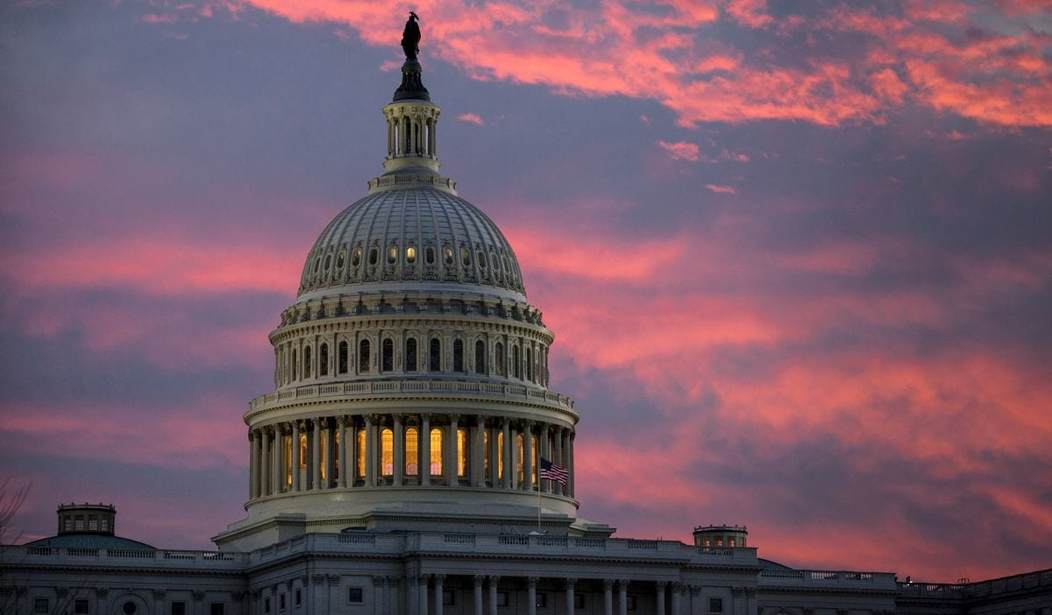Election season is finally over (well, for a minute), and Congress has just a few more days left in the Lame Duck session before the year ends. But of course, in typical Washington fashion, lawmakers decided to schedule an 11th-hour appropriation fight right before Christmas.
But at least there’s one silver lining to this whole debacle. Lawmakers have one last chance to clear up unfinished business before 2018 comes to a close. And while some may decry the practice of tacking favored provisions on end of session must-pass bills, few can deny this is sometimes necessary to fix the things that Congress should’ve dealt with a long time ago.
One thing that sticks out to me, in particular, is the medical device tax, a nearly decade-old provision of the Affordable Care Act that puts an excise tax on the sale of nearly all medical devices in the country. Though it’s been suspended since the beginning of last year, the tax is set to go into effect again in January 2020.
What makes medical device tax such bad policy? Well, for one thing, it stands to cost the device industry thousands of jobs and hurt future investments in research and development all while likely failing to meet its projected revenue targets. The last time the tax was in effect, revenues came in $2.1 billion below estimates. Meanwhile, medical device sales declined by $188 million, and the industry reportedly lost more than 30,000 jobs as a result.
But on top of that, it’s a textbook case of what not to do when implementing tax policy. According to the Tax Foundation, sound tax policy should rest on four principles: Neutrality, Consistency, Simplicity, and Transparency. The device tax fails to adhere to even one.
First, neutrality. Any sound tax policy must ensure that it affects all firms in the same way to avoid artificially creating winners and losers. Unfortunately, by assessing sales rather than profits, the medical device tax disproportionally hurts firms with high costs and low profit margins. This is bad news for start-ups, who often forego early profits in order to focus on developing innovative technologies.
Next comes consistency. Sound tax policy depends on taxes being predictable from year to year, so firms can adequately plan for the future. Unfortunately, the device tax has been subject to numerous short-term suspensions over the years, rather than outright repeal. Because investment and hiring decisions take months, if not years to make, this uncertainty makes it extremely difficult for the industry to plan for the future.
While a flat 2.3 percent exercise tax on device sales may seem like something that’s relatively simple to implement, the reality is much more complex. That’s because many device firms are vertically integrated, which means they both produce and distribute their devices and therefore don’t always have ready access to wholesale cost data on which to base the tax. These firms, who are often on the smaller end of the spectrum, must go through the extra step of estimating their wholesale distribution costs in order to collect the tax. On top of that, firms have to deal with a constantly changing regime of exemptions set by the IRS.
Lastly, the device tax fails the transparency test. Unlike the typical retail sales tax, where consumers can clearly see the tax they’re paying, the device tax is not at all visible to consumers. This is because when most people receive a procedure that uses a medical device –whether it’s a hip replacement or scan using an imaging device – their insurance company is the one paying the bill. Consumers will likely never know that the device their provider used was subject to an additional tax – but they’ll certainly feel it in the form of a bigger bill or higher premiums.
The good news is that lawmakers may finally get around to fixing the mess this year. A bill to permanently repeal the device tax sailed through the House of Representatives in July with substantial bipartisan majorities. And word on the street is there are enough Senators on both sides of the aisle who support repeal. All that’s needed now is a legislative vehicle. Sounds like the perfect job for the upcoming omnibus package!
Of course, this all must happen before the year is out. Otherwise, it’s back to square one with a new Congress. So, lawmakers should start moving now, and quickly, to ensure this terrible tax policy is repealed once and for all.










Join the conversation as a VIP Member